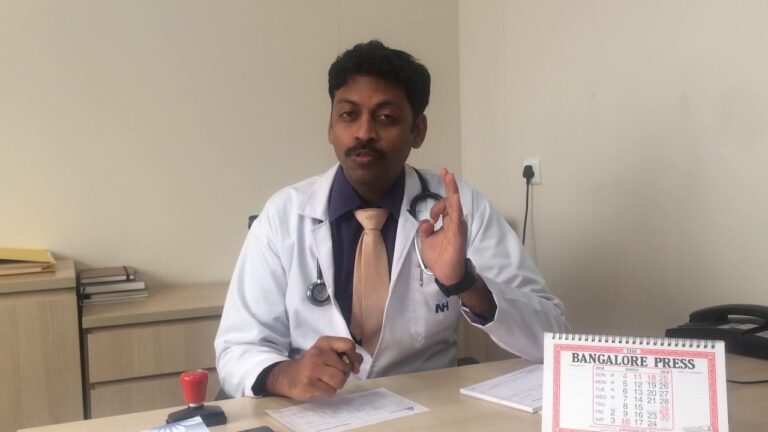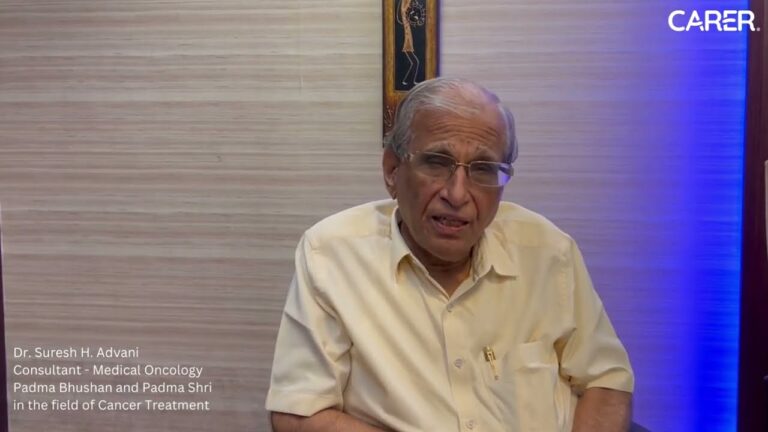Spotting the Early Signs of Cancer

Cancer is a disease that can affect any part of the body, and its symptoms vary depending on the type and stage of cancer. While some symptoms may seem minor, they can sometimes be early warning signs. Recognizing these symptoms and managing them effectively can help in early detection and better treatment outcomes.
Here’s a simple guide to understanding symptoms that may indicate cancer and how to manage them:
Common Symptoms That May Indicate Cancer
While these symptoms don’t always mean cancer, they should not be ignored, especially if they persist or worsen over time.
- Unexplained Weight Loss
Losing weight without trying can be an early sign of cancers like stomach, pancreatic, or lung cancer. If you’ve lost more than 5-10% of your body weight in a short time, consult a doctor. - Persistent Fatigue
Feeling extremely tired even after resting can be a symptom of cancers like leukemia or colon cancer. Fatigue caused by cancer doesn’t go away with sleep and often worsens over time. - Lumps or Swelling
A new lump or swelling in any part of the body, such as the breast, neck, or armpit, should be checked by a doctor. It could be a sign of breast cancer, lymphoma, or other cancers. - Changes in Skin
Dark spots, yellowing of the skin, or changes in the size, shape, or color of moles can indicate skin cancer. Persistent itching or sores that don’t heal should also be examined. - Persistent Cough or Hoarseness
A cough that doesn’t go away or a hoarse voice that lasts for weeks could be a sign of lung or throat cancer. - Unexplained Pain
Pain that doesn’t go away and has no clear cause can be a symptom of bone cancer, ovarian cancer, or other types of cancer. - Changes in Bowel or Bladder Habits
Pain that doesn’t go away and has no clear cause can be a symptom of bone cancer, ovarian cancer, or other types of cancer. - Difficulty Swallowing
Trouble swallowing or a feeling of food getting stuck in the throat can be a symptom of esophageal or throat cancer. - Unusual Bleeding
Bleeding that isn’t normal, such as blood in the urine, stool, or cough, or unusual vaginal bleeding, should be checked by a doctor.
Managing Symptoms
If you experience any of these symptoms, it’s important to see a doctor for a proper diagnosis. Early detection can make a big difference in treatment success.
Here are some tips for managing symptoms:
- Keep a Symptom Diary
Write down your symptoms, when they occur, and how severe they are. This can help your doctor understand your condition better. - Stay Active
Gentle exercises like walking or yoga can help reduce fatigue and improve your mood. - Eat a Balanced Diet
A healthy diet can help your body cope with symptoms and treatments. Include fruits, vegetables, whole grains, and lean proteins in your meals. - Stay Hydrated
Drinking plenty of water can help manage symptoms like fatigue and constipation - Get Enough Rest
Fatigue is a common symptom of cancer. Make sure to get enough sleep and take short naps during the day if needed. - Seek Emotional Support
Talking to a counselor, joining a support group, or sharing your feelings with loved ones can help you cope with the emotional stress of cancer symptoms.

Cancer symptoms can be scary, but being aware of them and taking action can make a big difference. Always consult a healthcare professional for proper diagnosis and treatment. For more information, visit trusted sources like Cancer India or the Indian Cancer Society.









